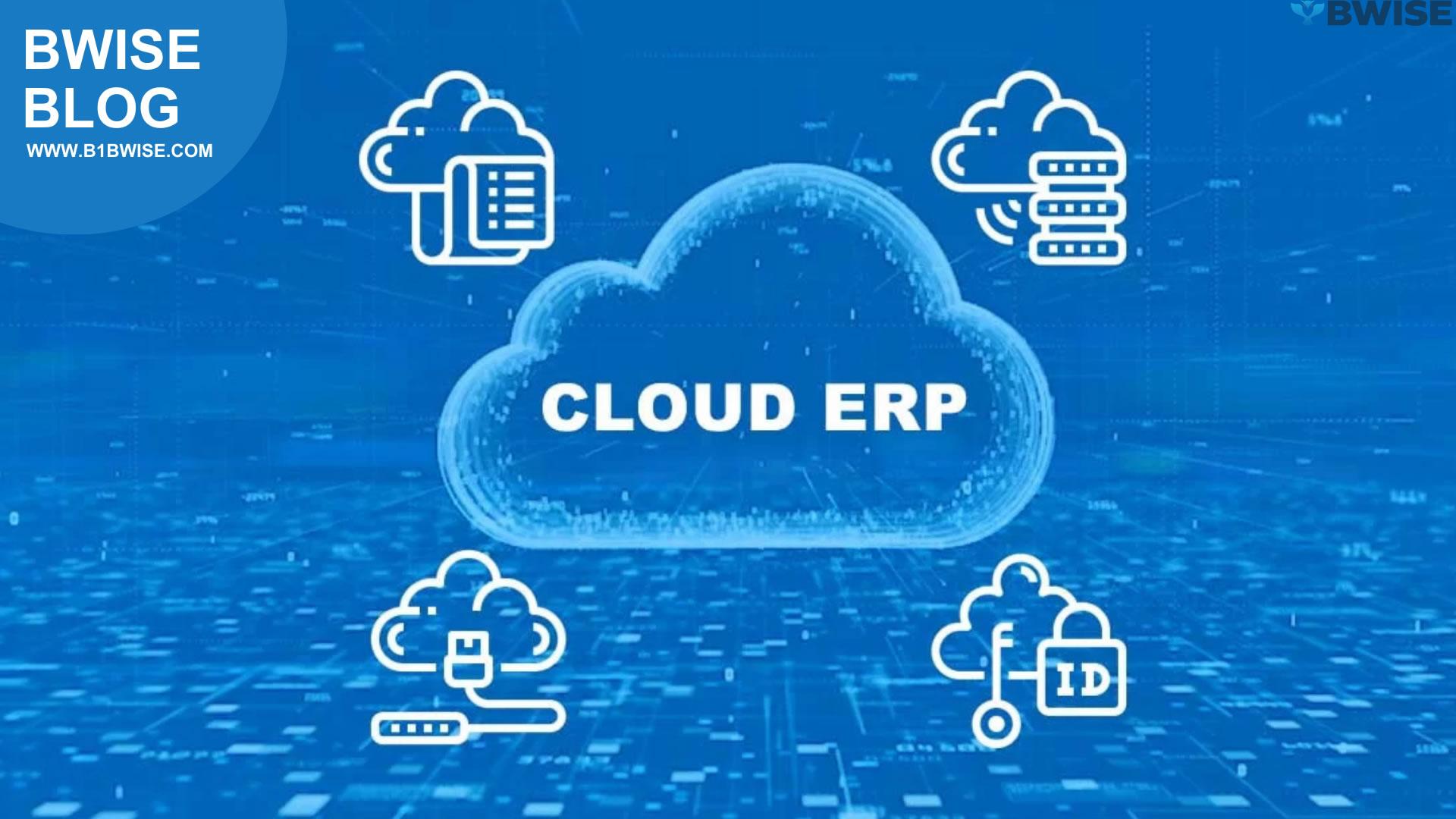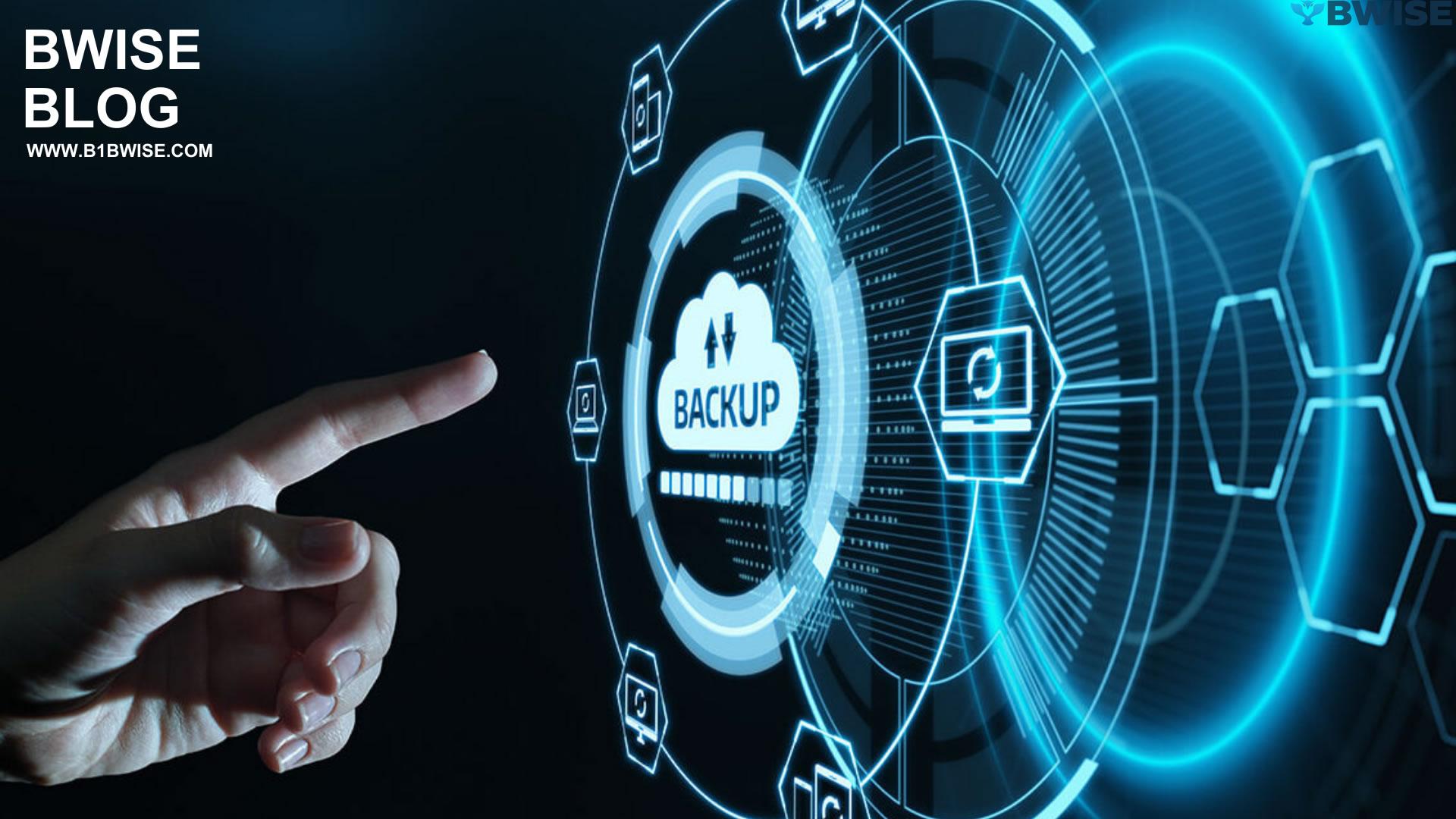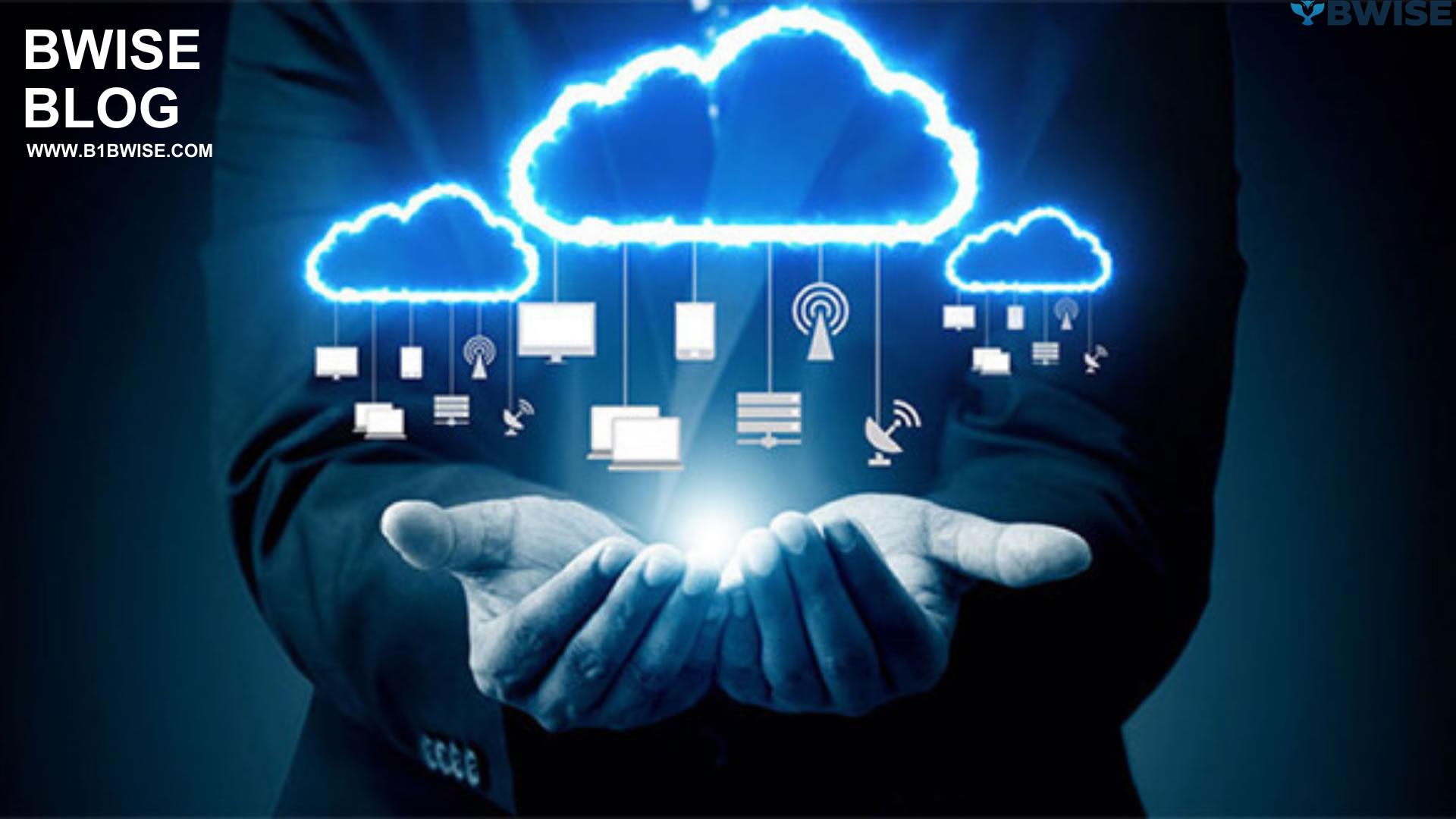Cloud computing is transforming how business tech works. The leader of this shift? Cloud-based ERP systems. These streamlined tools make businesses run smoother, let them expand effortlessly, and provide rapid access to crucial data.
The arrival of cloud-powered ERP systems ushers in a fresh era of nimbleness and productivity. Thanks to cloud tech, firms can exploit complete ERP functions minus the troubles of outdated systems. This shift enables your business team to devote energy to their core tasks. Meanwhile, the cloud takes care of their information and operations.

Key Takeaways
- Cloud technology is transforming the ERP landscape, enabling businesses to streamline operations and enhance scalability.
- Cloud-based solutions provide real-time data access and increased agility, allowing organizations to adapt to changing market dynamics.
- By leveraging the power of cloud computing, businesses can reduce the burden of on-premises infrastructure and focus on their core competencies.
- Cloud offers improved cost-effectiveness, scalability, and flexibility, making it an increasingly attractive option for organizations of all sizes.
- The integration of cloud ERP with emerging technologies like Industry 4.0 further enhances the potential for business transformation and innovation.
What is Cloud ERP?
Modern business constantly evolves, and cloud-based ERP systems are a game changer. Cloud ERP refers to utilizing ERP software online, not on in-house servers. This fresh approach provides advantages traditional ERP setups just cannot compete with.
Understanding Cloud-Based ERP Solutions
ERP solutions in the cloud exist on distant servers and can be reached online. This eliminates the requirement for costly hardware and IT infrastructure. This also allows companies to get immediate access to the newest software updates. More so, your business can easily adapt with cloud ERP as it expands.
Benefits of Cloud Deployment
Cloud brings many advantages to businesses of all sizes:
- Cost-Efficiency: No big upfront costs for hardware or IT, and no ongoing maintenance bills.
- Improved Collaboration: Teams can share data and work together in real-time, no matter where they are.
- Scalability and Flexibility: Cloud can grow or shrink with your business, offering agility and quick response.
- Reduced IT Maintenance: The service provider handles updates, security, and maintenance, freeing up your IT team.
Companies questing for better performance are opting for cloud more. This is sparking a new wave of business evolution, driven by cloud technology.
Cloud for ERP: Leveraging the Power of Cloud Computing
The game of enterprise resource planning, or ERP, has taken a turn because of cloud computing. More companies are discovering the rewards of cloud-based ERP tools. They’re discovering these cloud systems often outshine standard methods.
Cloud shines due to its adaptability. It lets businesses flex their ERP system as per their needs. Altering to shifts comes without the trouble of outdated equipment and programs.
Using Cloud, companies can access data immediately. This speeds up decision-making and improves it. Staff can reach vital details wherever they are, at any moment. This tightens team cooperation and streamlines work processes.
One top benefit of cloud is it saves money. Businesses no longer stress about running the ERP system on their own. This change allows more room to focus on core business functions. With better focus, efficiency increases and money is saved, boosting profits.
Cloud ERP vs. On-Premises ERP

Today’s companies have a major decision to make opting for cloud-enabled software or sticking to the conventional in-house ERP systems. The emergence of cloud computing has sparked the dawn of cloud solutions. These present advantages that question the former methods of in-house ERP.
Cost Comparison
Cloud systems save more money. No need for pricey gadgets, software permits, or tech maintenance. Companies just shell out a regular charge for entry, upgrades, and assistance.
This system allows for a clear understanding of costs, making them easy to manage, beneficial for businesses big and small.
Scalability and Flexibility
Today’s businesses require versatility and rapid change. Cloud-oriented ERP tools are ideal. They provide simple expansion and remove the fuss of equipment and program enhancements.
This nimbleness aids companies to react to market shifts, time-specific demands, or unexpected expansion. It molds them into more streamlined and flexible entities.
Everyone’s seen it – cloud trumps on-site ERP. It saves money while giving you room to grow and adapt. Today, as firms battle for the lead, cloud ERP stands out as a secret weapon.
Key Features of Cloud ERP Solutions
Cloud-driven company planning tools, or ERP, are shifting things up for businesses. They’re packed with things that boost the way companies run and decide.
Cloud shines when it comes to live data access. It lets enterprises view vital information at any moment, from anywhere. This tool aids them in making improved decisions and promptly adapting to market shifts.
Cloud pairs great with fellow cloud apps like CRM and SCM. All these working together just smoothens the workflows. Team spirit boosts up. You also get a complete peek-a-boo of all operations.
One standout feature of cloud ERP? The mobile-friendly design. Staff can handle vital stats right on their phone or tablet. As a result, they’re busier and can make smarter choices, no matter where they are.
Cloud ERP, indeed, boasts enhanced reporting and analytics. By offering live insights into business performance, it aids organizations in making informed decisions. This, in turn, boosts the effective usage of the cloud itself.
Employing these tools, firms can maximize their cloud ERP benefits. The result? Enhanced productivity, better collaboration, and a significant rise in performance.
Challenges of Cloud ERP Implementation
Companies are shifting to cloud-based platforms; cloud systems are gaining favor. Yet, substantial hurdles exist, particularly concerning data safety and confidentiality.
Data Security and Privacy Concerns
A chief concern involves securing confidential information. With data stowed on far-off servers, businesses have the responsibility to defend it from cyber threats and unapproved entry. In the event of a data breach, hefty economic losses can occur and the company’s image can suffer.
Dealing with these matters, companies require robust safety precautions. Collaborating with their cloud ERP partners is essential. This involves:
- Implementing strong access controls and authentication methods
- Encrypting data at rest and in transit
- Regularly reviewing and updating security policies and procedures
- Conducting regular security audits and penetration testing
- Ensuring compliance with industry-specific regulations and standards
When firms prioritize data safety and privacy, they boost the security of their cloud systems. This shields crucial business data.

Cloud ERP Integration Strategies
The way businesses operate is revolutionized by Cloud-based enterprise resource planning (ERP). For maximum effect, it is essential to merge it wisely with other vital systems. Combining these elements creates several advantages, including improved insight into data and refined workflow.
Connecting cloud ERP with CRM platforms is a smart tactic. This link allows you to see your customers and sales clearly. It also aids in handling prospects and creating solid customer relations.
- Integrate ERP with supply chain management (SCM) systems to improve inventory and logistics.
- Connect ERP with human resource (HR) platforms for easier employee management and payroll.
- Use application programming interfaces (APIs) to link ERP with other cloud apps, like project management and analytics.
Implementing cloud ERP integration requires a sound strategy. You will need to select relevant integration tools and collaborate with proficient partners. By doing this, you will optimize your ERP system and certainly improve your business.
The Impact of Cloud ERP on Business Processes
Cloud-sourced systems transform business operations. These systems marry cloud tech with ERP, enhancing procedures and boosting team collaboration.
Streamlining Operations
The Cloud boosts business efficacy. It utilizes the adaptability of cloud computing to cater to firm necessities. Simply put, businesses can expand or downsize as required, and thereby, conserve expenses.
Cloud is packed with automated processes, providing immediate updates to your data. Businesses thrive with this, making brighter decisions. The result? More getting done and less wastage.
Enhancing Collaboration
- Cloud makes team work easier by sharing data and talking in one place.
- Employees can work together from anywhere, using different devices.
- This teamwork helps companies make faster, better decisions, and stay agile.
Cloud helps businesses grow and meet customer needs. It makes operations smoother and teamwork better. This gives companies an edge in their markets.
Cloud ERP and Industry 4.0
Companies are jumping into the exceptional potential of Industry 4.0, and the role of cloud-based ERP systems is crucial. These ERP systems, supported by the cloud, aid businesses in embracing modern trends like the Internet of Things, advanced manufacturing processes, and decisions guided by insightful data.
Cloud ERP systems mesh smoothly with Industry 4.0 elements. They allow companies to tap into live data from devices and manufacturing streams. This hands them the reins and a clear view of their workings.
Cloud ERP aligns nicely with the rapid rhythm of Industry 4.0. It is agile and expandable, assisting firms to swell and adjust swiftly. This alliance sustains corporate competitiveness and primes them for shifts in the digital landscape.
Conclusion
So, cloud ERP solutions are super useful. Firms can run smoother, save money, and work better as a team. No expensive hardware or IT setup needed, it is all in the cloud. This is great, right? You can change and grow quickly. Having flexible, up-to-the-minute, safe data is a bonus. Businesses can make smart choices, work smarter, and keep up in this fast-moving world. More firms are using the cloud. So, cloud is going to be key in shaping how businesses plan their resources in the future. For more information about BWISE, feel free to schedule a demo. Remember B1 – BWISE!!
